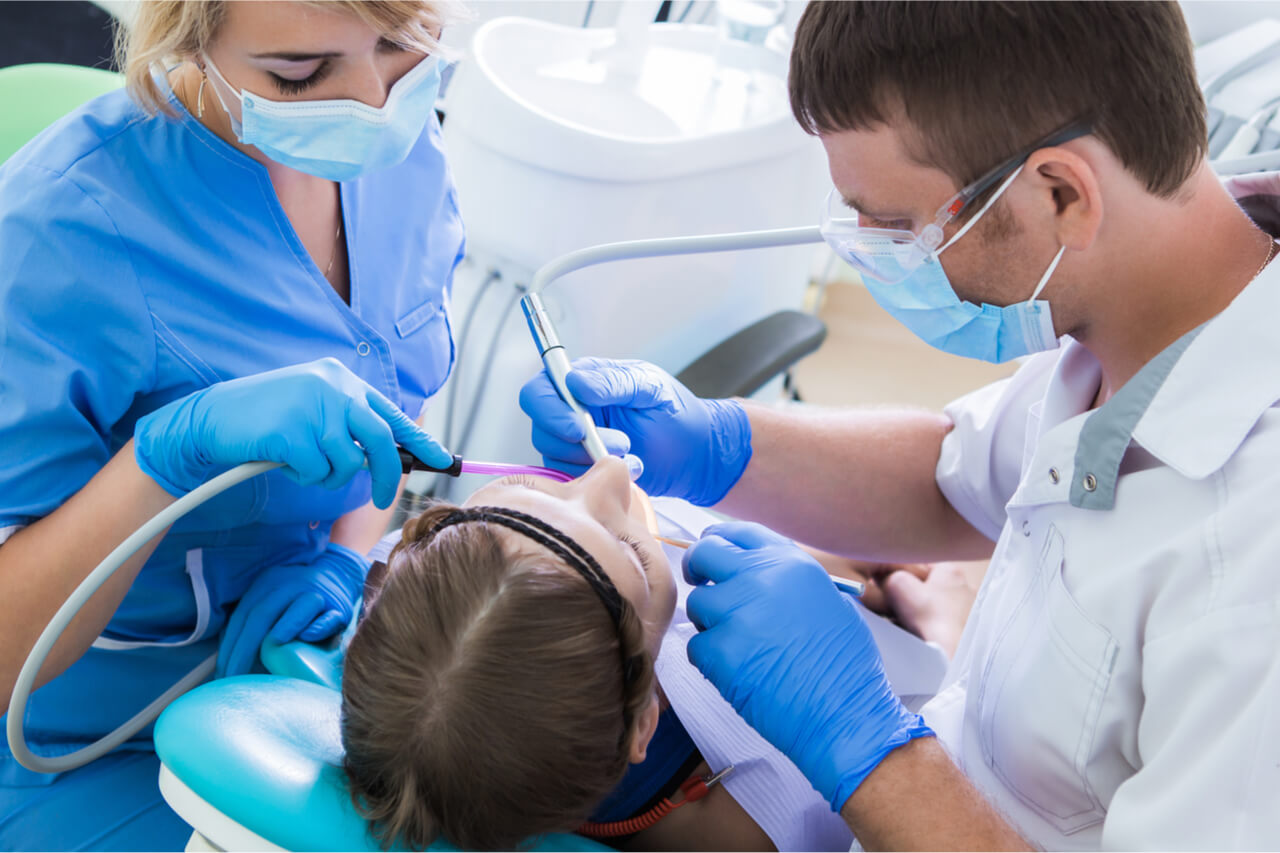Sensitive Teeth Early Pregnancy Sign

The journey to motherhood is filled with a multitude of physical and emotional changes, some of which can be quite unexpected. Among the early signs of pregnancy, sensitive teeth can be an overlooked yet significant indicator for some women. This phenomenon, while not universally experienced, sheds light on the interconnectedness of hormonal changes, oral health, and the onset of pregnancy.
Hormonal Fluctuations and Oral Health
Pregnancy is characterized by a surge in hormone levels, particularly estrogen and progesterone. These hormonal fluctuations can affect various parts of the body, including the mouth. Estrogen, in particular, plays a significant role in the health and maintenance of teeth and gums. An increase in estrogen levels can lead to increased blood flow to the gums, making them more sensitive and prone to inflammation. This condition, known as pregnancy gingivitis, can manifest as early as the first trimester and may contribute to the sensation of sensitive teeth.
Moreover, the heightened levels of progesterone can affect the body’s natural balance, potentially altering the oral microbiome. This shift can lead to an increase in bacteria that may cause tooth decay and further exacerbate tooth sensitivity.
Causes of Sensitive Teeth During Early Pregnancy
Hormonal Changes: As mentioned, the primary culprit behind sensitive teeth in early pregnancy is the significant shift in hormonal levels. These changes can affect the dentin, the layer of tissue beneath the enamel, making the teeth more sensitive.
Gingival Recession: The inflammation and potential recession of the gums due to hormonal changes can expose the roots of the teeth, which are not protected by enamel. This exposure can lead to sensitivity, especially when consuming hot or cold foods and beverages.
Erosion of Tooth Enamel: Pregnancy can sometimes lead to an increase in acid reflux, which can erode the enamel on the teeth, making them more sensitive.
Increased Acid Production: The altered oral microbiome and any potential vomiting during early pregnancy (due to morning sickness) can increase acid production in the mouth, further contributing to enamel erosion and sensitivity.
Managing Sensitive Teeth During Pregnancy
While the prospect of dealing with sensitive teeth during pregnancy might seem daunting, there are several strategies that can help manage and alleviate this condition:
Regular Dental Check-ups: It is crucial to maintain good oral hygiene practices, including regular brushing and flossing. Visiting a dentist early in pregnancy can help identify any oral health issues and provide personalized advice on managing sensitive teeth.
Desensitizing Toothpaste: Using toothpaste specifically designed for sensitive teeth can help block the dentinal tubules, reducing the sensation of sensitivity.
Soft-Bristled Toothbrush: A soft-bristled toothbrush can be gentler on the gums, reducing inflammation and discomfort.
Fluoride Mouthwash: Rinsing with a fluoride mouthwash can help strengthen tooth enamel, reducing sensitivity.
Avoid Triggering Foods: Limiting or avoiding foods and drinks that are too hot, cold, sweet, or acidic can help minimize discomfort.
Conclusion
Sensitive teeth, while not a definitive sign of pregnancy, can be an indicator for some women. Understanding the causes and taking proactive steps to manage sensitivity can significantly improve oral comfort during this period. It’s essential to consult with a healthcare provider or a dentist to rule out any underlying conditions that may be contributing to the sensitivity. By prioritizing oral health and adopting good hygiene practices, women can navigate the challenges of sensitive teeth during early pregnancy, ensuring a healthier smile throughout their journey to motherhood.
Are sensitive teeth a common sign of early pregnancy?
+Sensitive teeth can be an early sign of pregnancy for some women, although it is not a universal experience. Hormonal changes, particularly the increase in estrogen, can affect the gums and teeth, leading to sensitivity.
How can I manage sensitive teeth during pregnancy?
+Regular dental check-ups, using desensitizing toothpaste, a soft-bristled toothbrush, and fluoride mouthwash can help manage sensitive teeth. Additionally, avoiding foods and drinks that trigger sensitivity can provide relief.
Is it safe to visit the dentist during pregnancy?
+Yes, it is safe and recommended to visit the dentist during pregnancy. In fact, the American Dental Association and the American College of Obstetricians and Gynecologists encourage pregnant women to maintain their regular dental check-ups to ensure good oral health and prevent any complications.



